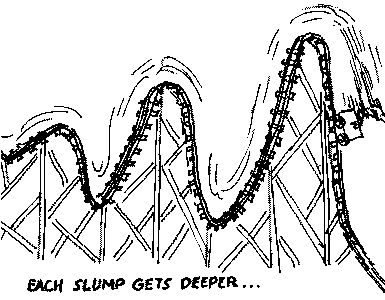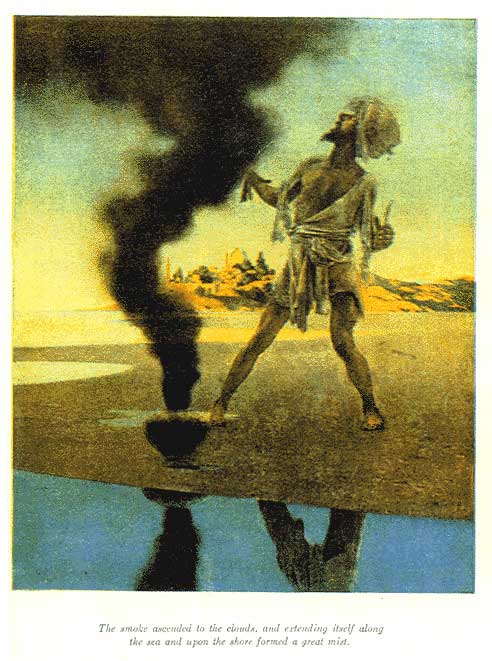Here’s an interesting article by Stormy, at Angry Bear, discussing another article, "Karl Marx and the world financial crisis: Bernd Debusmann," which is about the end of capitalism as we know it: "Capitalism as we used to know it is on its deathbed. And those who predicted that the old brand, the unfettered, American-promoted system, was a danger to the world, are being vindicated…" Whether viewed as good or bad, it’s clear that the catastrophic failure of the "free market" (which was arguably free, or not) is leading to a dramatic change in governments’ role(s) in the global financial system. – Ilene
Karl Marx and the World Financial Crisis 
Courtesy of Stormy
So titles Bernd Debusman in his piece, in of all places, Reuters. That Reuters should run such an article reveals just how precarious the present situation is.
After pointing out that the present contagion is U.S. inspired, that there are now calls for an international conference Bretton Woods style, that nationalizing banks is no longer off the table, Bernd points out that one of the ten central tenets of communism is "Centralization of credit in the hands of the state …."
Bernd then gets to the heart of the matter:
But as far as the United States is concerned, the events of the past few weeks represent a momentous break with decades of a free market philosophy that abhorred government intervention in (and regulation of) financial markets.
"There is little question that making the government a major investor in American banks raises thorny questions … about the role of the public sector in private markets," Sen. Charles Schumer, a member of the Senate finance and banking committees, wrote in the Wall Street Journal the day the government announced it was planning to take equity stakes worth up to $250 billion in American banks.
It will take time for questions about the public sector in private markets to be answered. But it looks likely that some things will never be quite the same, no matter who wins the presidential election on November 4.
For one, the control center of the financial market has already begun shifting from New York to Washington.
The "big government" that free marketeers identified as something evil is almost certain to make a comeback, although spending on America’s crumbling infrastructure, its inefficient health care system, and environmental programs will be limited by the Everest-sized public debt. The U.S. national debt has increased by an average of $3.34 billion a day over the past year and now stands at more than $10 trillion.
That debt is not going away–and it will put a serious crimp of any attempt to solve U.S. problems that have festered for years. And something else is not going away.
Both in the United States and in Europe, officials have stressed that government intervention in the banks will be temporary but whether they will be able to stuff that genie back into the bottle remains to be seen. And "temporary" has not been defined.
So, is the plan to return to business as usual as quickly as possible, i.e., sell those shares back to the private sector? The beast is not dead, only snarling angrily at its present predicament.
Here is one very uncomfortable fact, the income gap:
"There is a tremendous opportunity now to narrow the income gap," says Sam Pizzigati of the Institute for Policy Studies, a Washington think tank.
That gap resembles the top-to-bottom income distribution just before the Great Depression, according to the Washington Center on Budget and Policy Priorities.Then as now, the top 1 percent of households accounted for around one fifth of the national income. In 1980, their share was 8 percent.
At some point we will have to address the problem of how wealth is distributed.
At some point, we will have to define more clearly a great many relationships.
History shows that deep financial crises have helped spur public policy reforms and those pending include legislation that would make it easier for American workers to join labor unions. At present, 7.5 percent of private sector workers are union members, the lowest percentage in the industrialized world.




